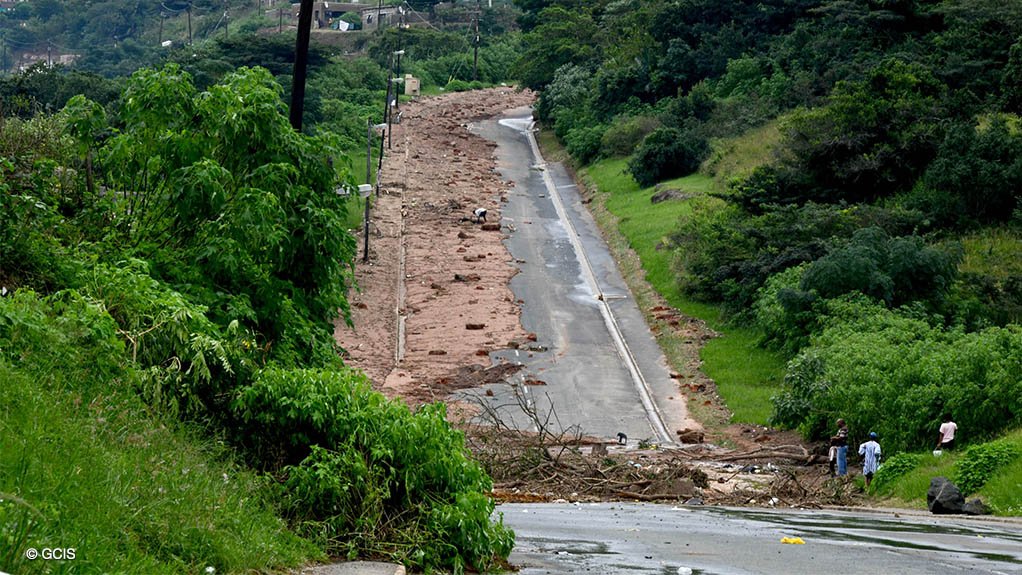South Africa’s central bank urgently needs to adopt a more flexible monetary-policy framework that incorporates climate-risk considerations, new research shows.
“Traditional monetary policy tools might be insufficient or less effective if climate risks are not integrated into the decision-making process,” authors Admire Chirume, James Hurungo and Brandon Chinoperekweyi, wrote in a study published by the South African Reserve Bank on Thursday.
Scenario tests they conducted over a 50-year horizon showed droughts, floods, changing rainfall patterns, supply disruptions in key sectors such as agriculture, and other shocks translated into steeper production costs — which led to higher interest rates.
The central bank has been set a 3% to 6% inflation target, although policymakers said last month that they intend to aim for the lower end of the band.
Extreme weather events such as severe drought and flooding have become increasingly commonplace in South Africa and led to significant damage, underscoring the urgency for the government to respond.
Besides driving up prices, climate-induced shocks significantly influence inflation expectations, weigh on economic growth and elevate unemployment in a country with one of the highest jobless rates in the world at 33.2%, the study found. It also noted that investment tended to decline during periods of climate stress and exchange-rate volatility was exacerbated.
“The central bank should develop climate-informed interest-rate policies that proactively address expected and unexpected climate shocks,” the authors wrote. “This entails integrating climate forecasts and stress-testing scenarios into policy models, enabling the SARB to better anticipate inflationary or deflationary pressures driven by environmental factors.”
They also called for monetary policy to be accompanied by targeted fiscal and agricultural policies and interventions such as investing in climate-resilient infrastructure and promoting sustainable farming practices to reduce the impact climate shocks have on the economy.
EMAIL THIS ARTICLE SAVE THIS ARTICLE FEEDBACK
To subscribe email subscriptions@creamermedia.co.za or click here
To advertise email advertising@creamermedia.co.za or click here











